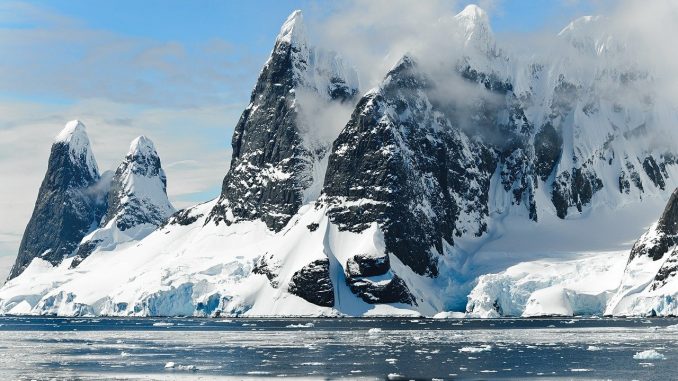
In just five years, the melting rate for Antarctica ice has tripled, two reports by 84 researchers from 44 international organizations in the journal Nature show. This can, by extension, lead to over three meters of sea-level rise during this century, unless development is prevented.
With ice, it always seems to go faster than we initially thought. With the help of improved satellite imagery, the studies have been able to show the worrying developments in the Antarctic (south, not the Arctic). If nothing is done to stop global warming, research shows that sea level can be increased by over a meter as early as 2070. This, in turn, can collapse all over western Antarctica to collapse and raise sea level to 3.5 meters by 2100, which is faster than previously feared.
3.5 meters may not sound like much, but keep in mind that the Maldives’ ground level (similar to many more densely populated islands) averages 1.7 meters above sea level, and that half of Bangladesh (147 million people live in the country) is at risk of flooding . Bangladesh, which is also expected to be exposed to more cyclones and at the same time contributes very little to climate change per person. Last but certainly not least, some of the world’s most densely populated mega-cities are located on the coast (such as New York, Los Angeles and San Francisco, Tokyo, Mumbai, Shanghai, Jakarta and Dhaka) which may be partially or completely evacuated within our lifetime unless development is prevented.
If all the ice in the Antarctic melted, the sea level would be raised by 58 meters, but in that case it will take a very long time. However, the problem with ice is the self-reinforcing effects. Once ice has begun to melt, the melt water and reduced light reflection contribute to even faster ice melting. This makes it very difficult to prevent the melting after a certain time. The positive thing we can say now is that we still seem to have a chance to stop the worst effects. Time for action!

Leave a Reply